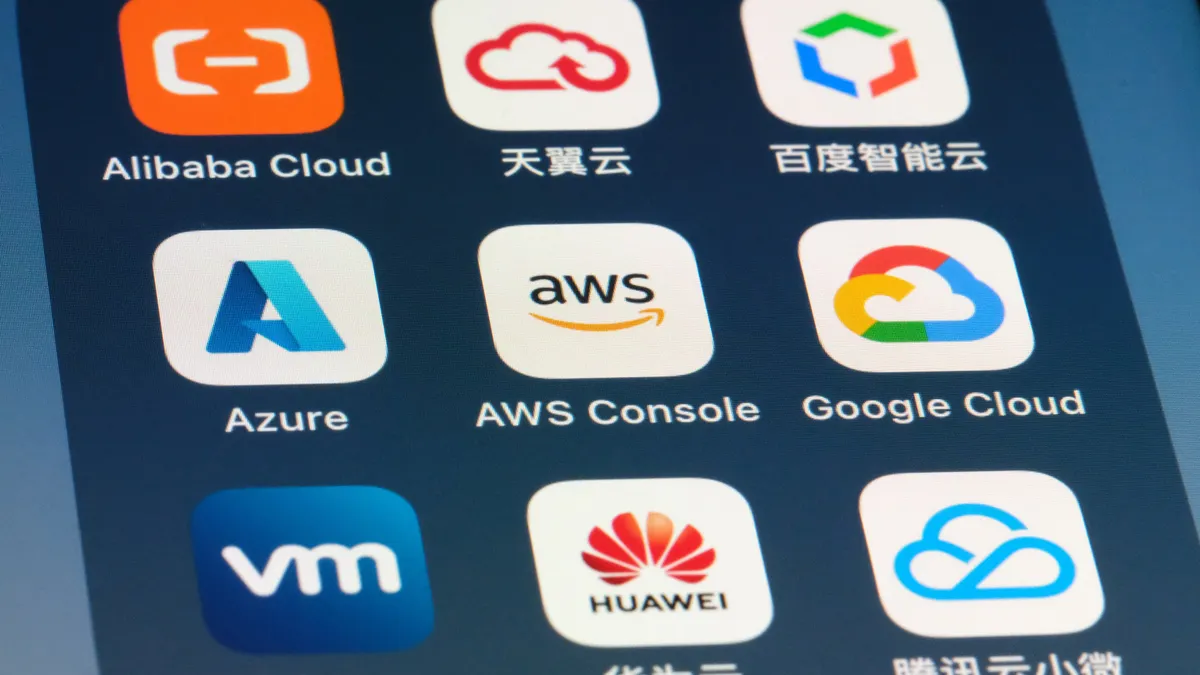The adage that business units only care about IT when something falters may soon be a motto of the past. IT departments have sustained mass scale remote work for nearly a year and the rest of the business is realizing the value of technology.
The COVID-19 pandemic created an "IT appreciation day" when companies suddenly realized the behind-the-scenes work going into business tech, said Jason Walker, field CTO at BigPanda, during a Thursday event hosted by the company. But eventually, the pandemic will pass and IT departments could be thrust back into the dark.
With this in mind, IT execs shared the pandemic-era developments that brought their departments into the limelight last year and their thoughts on whether the moment of IT fame will stretch beyond 15 minutes:
An essential service without internet at home
Supplying energy to millions of customers, a lapse in service wasn't an option for WEC Energy Group when the pandemic hit.
The company operated in a largely desktop computing environment, with no expectation to deploy laptops until further into the technology lifecycle, according to Steve Liegl, manager of network and infrastructure at WEC Energy Group. As if quickly getting laptops into employee hands wasn't challenging enough, Wi-Fi access proved to be trickier.
"Many of these folks, believe it or not, didn't have internet at home," Liegl said.
Liegl said he hopes the IT team's efforts prove the value of IT and flips the equation on how organizations quantify it. "What if we couldn't send 7,000 people home — what's the cost to the business?" Liegl said. "Turn the corner on that so we can invest more in operations, functions and platforms to help us do a better service to the business."
Single cloud provider led to no downtime despite more use
Increased use of PlayStation platforms coupled with the hot launch of PlayStation 5 left very little room for lag time at Sony.
Ben Narramore, senior manager of incident/problem management, global network operations center at PlayStation Network, credits the company's single cloud provider, AWS, for sustaining service despite the uptick.
Multicloud isn't out of the question in the future; "with all the stuff we had coming this last year … the sustainability and uptime are more valuable to us for our brand," said Narramore. Using a single cloud provider "was worth it for us at this point."
The stability of the company's tech during turbulent times has earned the IT team a lot of praise.
"People see us more and recognize what we do," said Narramore. "We're getting called out in the all-hands in front of the whole company … This put a spotlight on what we do and what we provide for the rest of the company."
VR engages customers when they can't shop in store
It's hard to imagine trying on makeup from samplers open to the general public after 11 months in masks and social distancing. When makeup testers became less popular, Ulta Beauty pivoted digital.
The company acquired augmented and virtual reality over the last few years to move toward the ability to test out makeup and hair colors over video, according to Jeff Ybarra, senior IT manager of network infrastructure and telecom at Ulta Beauty. The investments helped with business continuity in the wake of the pandemic.
But the company was also in the midst of a reorganization, announced in January 2020. Departments have been shuffled and leaders are working to bring units, such as the entire stack of network employees, into one team to improve efficiency, according to Ybarra.
"We're taking a look at opportunities for automation because right now doing a lot more with a lot less people is certainly becoming a burden," Ybarra said of what's next for Ulta's tech departments.
Using the pandemic as an opportunity to transform
Travel website Expedia was forced to keep up with shifting customer demand as COVID-19 changed hotel and flight plans. So, the company jumpstarted digital transformation efforts, according to John Chao, VP of technology at Expedia Group.
At a time of uncertainty, customers wanted information about the latest travel guidelines and insights on how and what plans to cancel. Expedia worked to get the site updated with the new data as quickly as it could through a DevOps cycle, according to Chao.
"Now, we have real time know. When something changes on the business side, we know exactly what's happening on the technology side," said Chao. "It has forced us to innovate much faster than we sought out to do in this space."
The shift also presented the opportunity to modernize technical debt, optimize variable costs and become more competitive, according to Chao. With the business value of the transformation proven, Chao noticed a change in business mindset around IT.
The "fundamental shift is you can invest more in this space, help these teams go faster, allow them to optimize and reduce toil over time, and they're going to give back more value to the business," Chao said.
Correction: This piece was updated to reflect information WEC Energy Group was authorized to discuss.




















